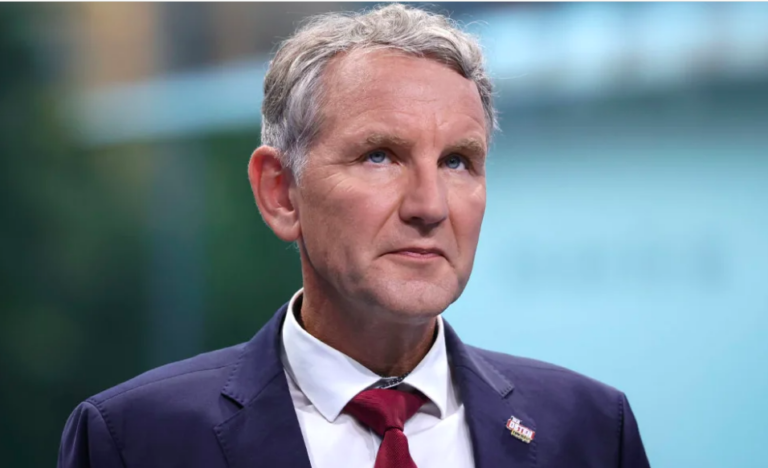The recent success of the far-right Alternative for Germany (AfD) in regional elections in Thuringia and their significant gain of over 30% in Saxony is causing considerable concern and backlash at the national level. Meanwhile, the governing coalition parties (SPD, Greens, and FDP) appear to have suffered significant losses.
Wolfgang Kubicki, the vice president of the FDP, stated that the “traffic light” coalition has lost its legitimacy, stressing that “when such a large portion of the electorate votes this way, there must be consequences.” Frank Schäffler, the FDP’s economic spokesman, called the election results a “disaster” for Scholz’s government. SPD General Secretary Kevin Kühnert attributed the loss to his party’s coalition partners, the Greens, and FDP, and said there would be discussions about the future of the federal government.
In contrast, the newly formed “Sahra Wagenknecht Alliance” (BSW), founded by the former Left Party leader with a pro-Russian and restrictive refugee stance, emerged as the third largest force in both states, nearly eradicating the Left Party from the political scene.
According to preliminary results, in Thuringia, where the AfD is officially recognized as a far-right extremist group, they secured a victory with 32.8%. The CDU came in second with 23.6%, and Wagenknecht’s BSW took third with 15.8%. Meanwhile, the SPD garnered a mere 6.1%, while the Greens and FDP failed to make it into parliament.
With no party willing to collaborate with the AfD, attention now turns to potential cooperation between the CDU, SPD, and BSW. Mario Voigt, the CDU leader in Thuringia, suggested that the result presents an opportunity for a change in governance under the CDU’s leadership.
In Saxony, the CDU secured 31.9%, narrowly ahead of the AfD at 30.6%, while the BSW took 11.8%. The SPD, Greens, and Left Party followed with smaller shares. The current CDU premier, Michael Kretschmer, hinted at continuing the coalition with the SPD but noted the need for an additional partner.
However, Björn Höcke, the leader of AfD in Thuringia, may face exclusion from parliament. Despite securing 38.9% of the vote in his constituency, his CDU rival won with 43%, potentially leaving Höcke without a seat and threatening his leadership position in the local organization.
German media have widely criticized the election results, with many seeing them as a setback for liberal democracy. Economic leaders also expressed concern, predicting the potential migration of labor away from Thuringia and Saxony due to the political climate.
Ask me anything
Explore related questions





